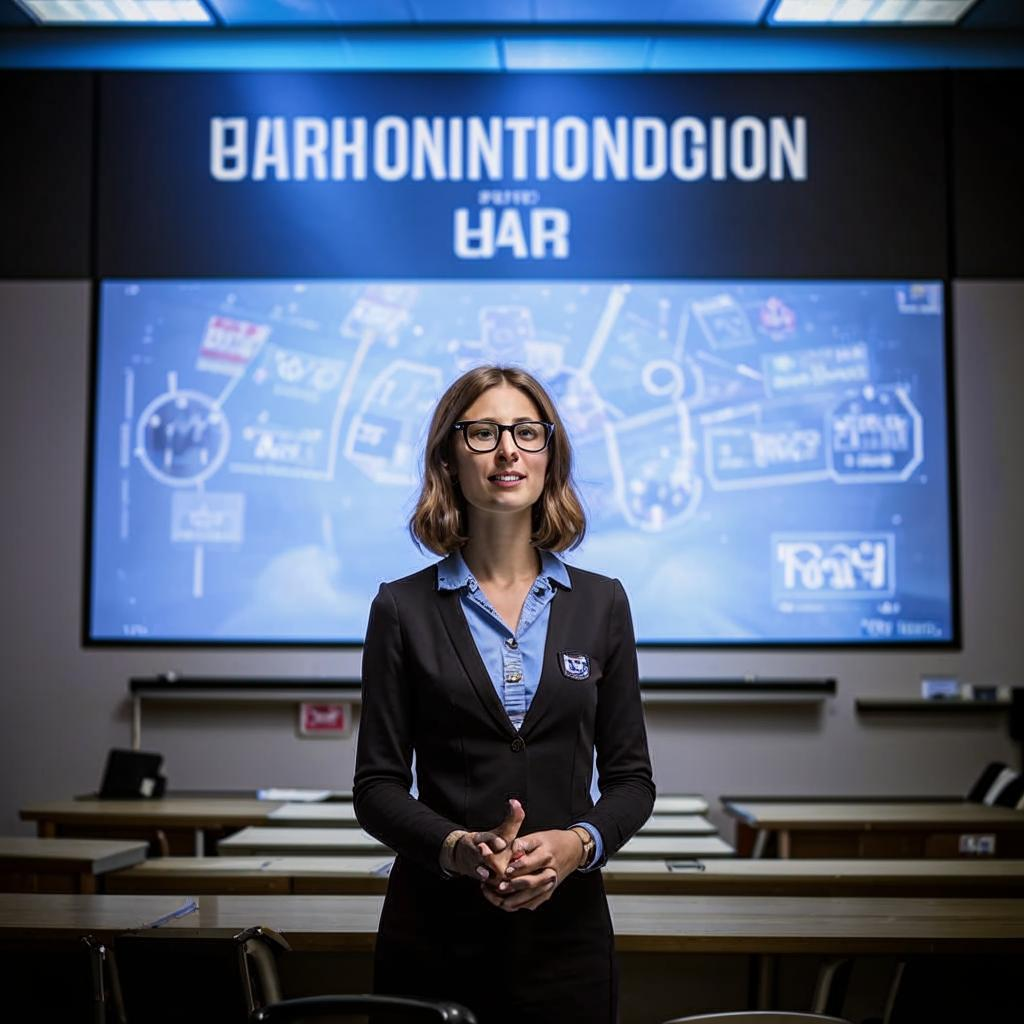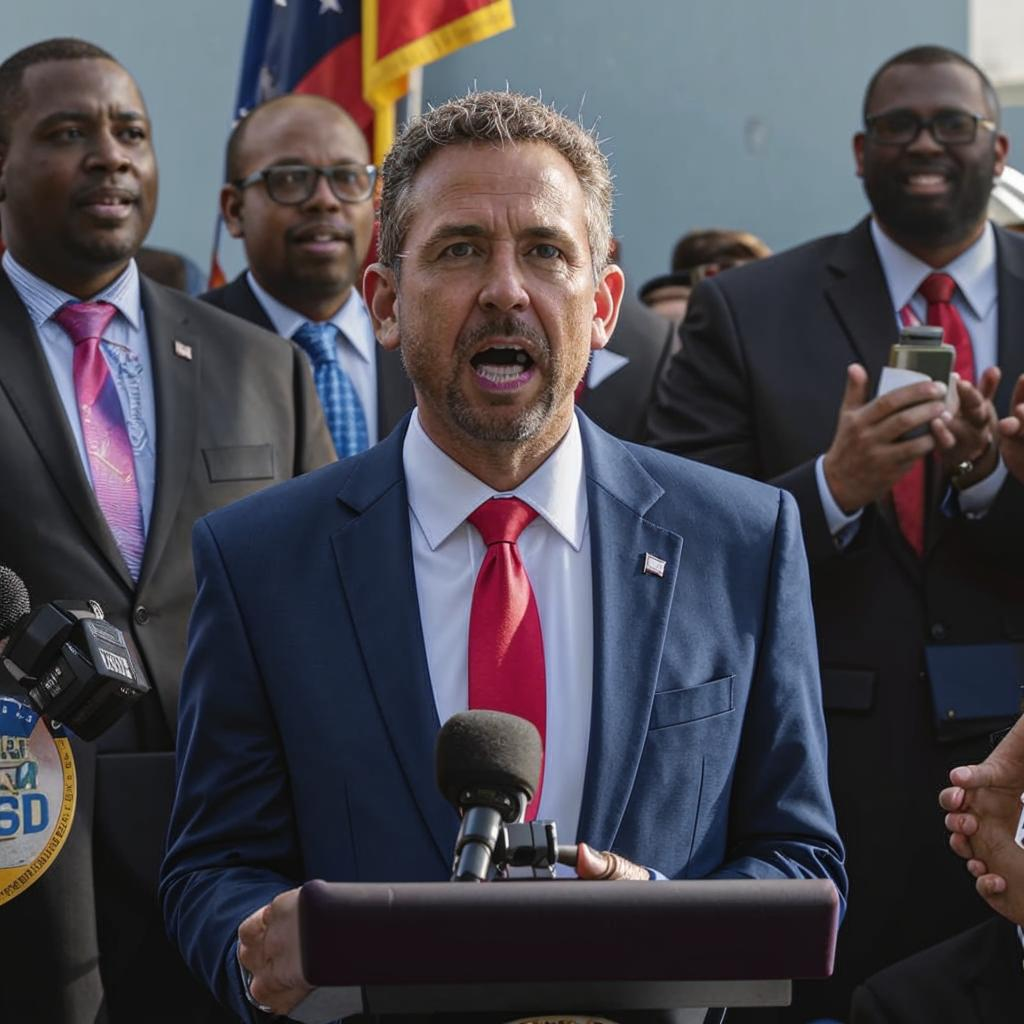Generative AI tools are rapidly permeating education, changing how students learn and teachers teach. AI platforms can personalize learning experiences, providing customized content and feedback based on individual student needs. This allows educators to focus on more personalized support and in-depth discussions. AI can also assist with administrative tasks like grading and lesson planning, freeing up educators’ time.
However, the increased use of generative AI also raises important questions. Concerns about academic integrity, plagiarism, and the potential for bias in AI algorithms are actively being discussed. Educators grapple with how to fairly assess student understanding when AI can generate essays and complete assignments. There are also worries that over-reliance on AI could hinder the development of critical thinking and problem-solving skills.
Universities and schools are developing policies and guidelines to navigate the ethical and pedagogical challenges of AI in the classroom. Training programs for teachers are crucial to ensure they can effectively and responsibly integrate AI tools into their teaching practices. The future of education depends on thoughtfully integrating these technologies to enhance learning while mitigating potential risks. It’s a complex landscape, requiring open discussions and creative solutions to ensure that AI serves to improve, not undermine, the educational experience. There is no magic bullet solution to address all of the concerns, but educators must collaborate to create the best possible learning environments.











